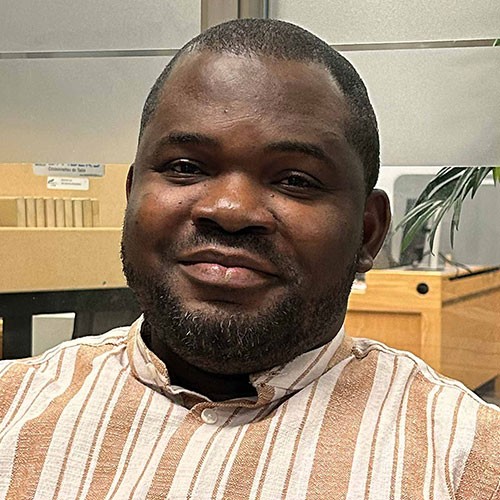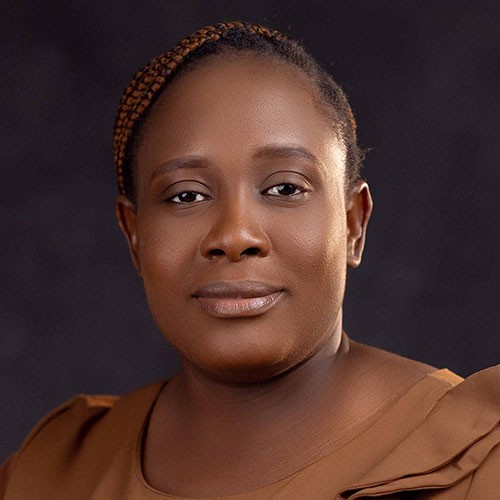
Businesses operating in Zimbabwe face continuing challenges. Prominent among these is the difficulty in accessing external finance for working capital and capital projects, due to a lack of the required security. This is compounded by the fact that many companies also need major additional investment in technology and new equipment in order to be able to offer products that are competitively priced for the international market. Inflation is increasing these general difficulties, creating budget shortages for companies, while also eroding the buying power of customers, and the high level of taxes only makes things worse.
Accountants can certainly help close the gap between investors and companies. They can advise companies on how to meet investor requirements and ensure that they are fully compliant, and of course accountants can also provide assistance with tax planning and tax compliance.
We should not eliminate the vital professional judgment required in audit
I was introduced to accounting by my teacher in high school in Mutare, a city in eastern Zimbabwe. Her passion for the subject was infectious and the accounting principles she taught appealed to me. I trained and qualified with a Big Four firm and, after 10 years, left as a supervisor. I then joined Baker Tilly as an audit manager and quickly rose to senior audit manager before being picked for promotion to director. I went on to take a regional role in Manicaland in eastern Zimbabwe before moving into my current leadership position in business advisory.
The transition from audit senior to management was difficult as managers must deal with many different key performance indicators. In my role I have found myself stepping out of my comfort zone when I have had to make tough decisions – including some that affect my colleagues directly.
Artificial intelligence (AI) will certainly replace some employees across audit firms, hence the first problem will be managing staff redundancy. The second problem will be that companies being audited will also use AI, so we could potentially have a scenario where there is limited human interaction between auditors and businesses. Whatever happens, though, we should not eliminate the vital professional judgment required in audit that only humans can provide.
I think there will ultimately be positive impact from AI. It has the major advantage of analysing big data much more quickly and efficiently than humans can, and can generate reports to help auditors. These are functions that would need significant time if done manually. I believe this could potentially translate to more efficient audits, which could result in more favourable compliance costs for companies.
It is a pleasure seeing my colleagues grow professionally
What I enjoy most about my role is passing on knowledge to the next generation. It is a pleasure seeing my colleagues grow professionally.
I have always liked this proverb: ‘Where no counsel is, the people fall: but in the multitude of counsellors there is safety.’
If I had law-making powers, I would tackle the sustainability of the Earth. Human actions are destroying the world’s ecosystems and excessively depleting resources, which poses huge questions for the welfare of future generations. I would put in place laws to protect these and safeguard our environment.
If I wasn’t in finance, I would like to have been an architect. I like the creative space and would enjoy seeing a design become reality.
When I am not at work, I love spending time with my wife and kids. I treasure every second with them as my life can get demanding sometimes. I also enjoy playing golf and taking part in interactive activities with young people, such as board games, Charades, and discussions on life matters.


